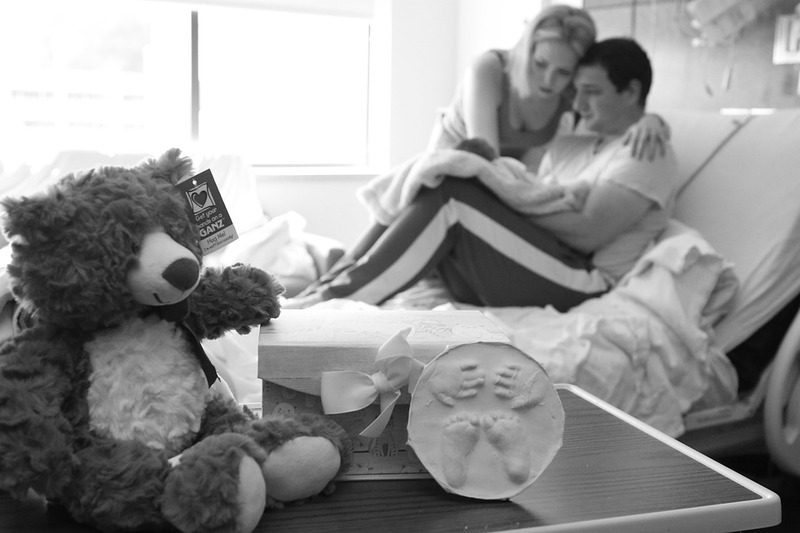Bereavement in Obstetrics – Grieving after a Stillbirth or Miscarriage
Bereavement in obstetrics is a common heart-breaking occurrence. According to Child Bereavement UK: Office for National Statistics, National Records of Scotland, and the Northern Ireland Statistics and Research Agency, in 2017 3200 babies were stillborn in the UK. This statistic is not including miscarriages. Miscarriages are when a baby dies in the womb before the 20th week of pregnancy. Around 10-15% of pregnancies sadly end in miscarriage. Most of these happen in the first trimester, although it can happen in the second trimester of pregnancy.

Miscarriages and stillbirths are traumatic experiences for expectant parents. The risk of miscarriages increases when the mother is over the age of 35, and also can be affected by smoking, alcohol or drug use. Certain health conditions, like endocrine or autoimmune disorders can also increase the risk. Complications during labour, birth defects, medical complications in the mother or child and issues with the umbilical cord can all be causes of stillbirth.
Many parents have a lot of emotional investment in their unborn child. This makes a miscarriage or stillbirth extremely painful. It can be very difficult to face the reality that their baby did not make it. With a stillbirth or late miscarriage it can be even more difficult to come to terms with for the mother, who will still experience any post-natal body changes. These changes become a reminder of the child who never came home with them.
Although to some, it may seem obvious that bereavement in obstetrics is devastating, others may be unaware of how much grief it can really cause. Some people may struggle to empathise, having never met the child. However, it is very helpful to treat a bereavement in obstetrics in the same way you’d treat any other bereavement: with care and support.
In some situations, not only are parents losing a child, but children are losing a sibling that they never got to meet. Depending on the age of the child, it can be difficult to explain what has happened after a miscarriage or stillbirth. It is important that professionals helping somebody with a miscarriage know and understand the family situation, so that they can provide help and advice in any way possible.
It’s important to allow people to keep memories of their child. Some charities help put together memory boxes for the bereaved. In these boxes it’s encouraged that the bereaved keep scan photos, a written description of their baby (perhaps including what they looked like, what they hoped for them etc), or even foot and hand prints, baby shoes or socks. Although it would definitely be a very emotional process to put something like this together, it can help to process grief – especially important after a bereavement in obstetrics, as parents are likely to feel more alone in their grief. Many parents may carry guilt and the feeling that they must’ve done something wrong for this to happen, but there is only so much during pregnancy that a parent can do to ‘keep things under control’.

Comments